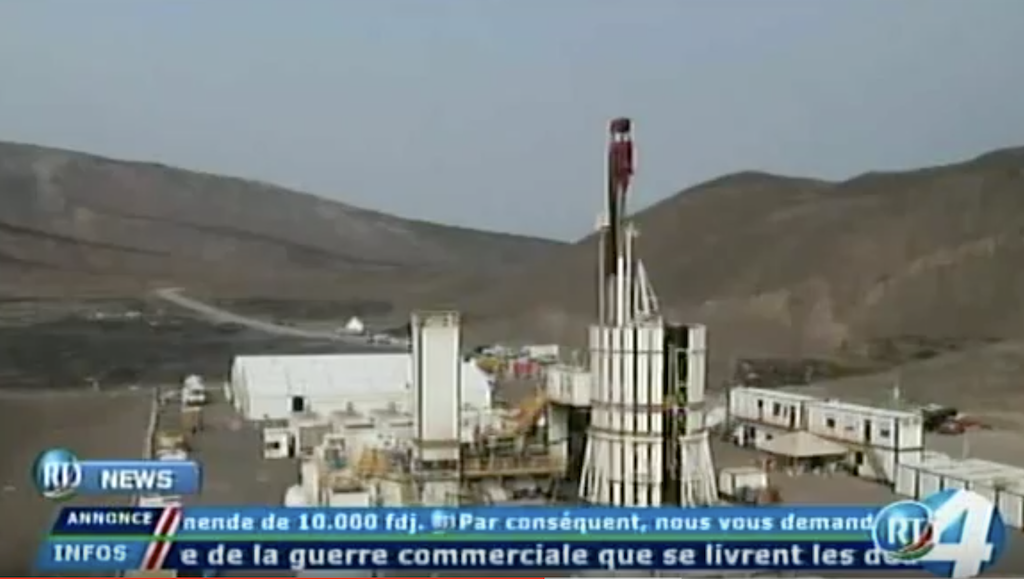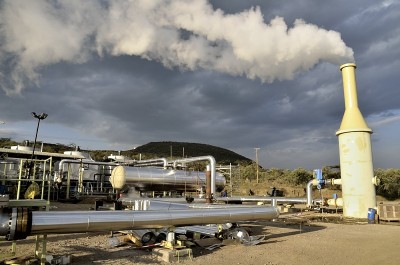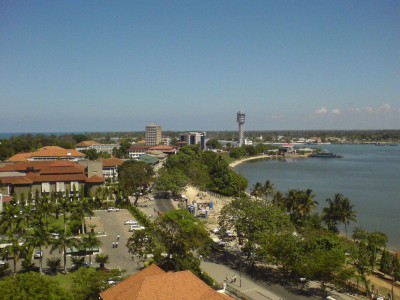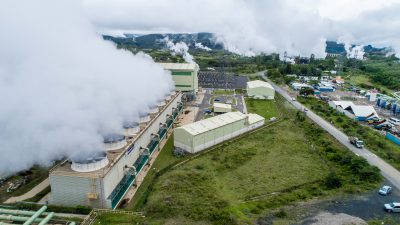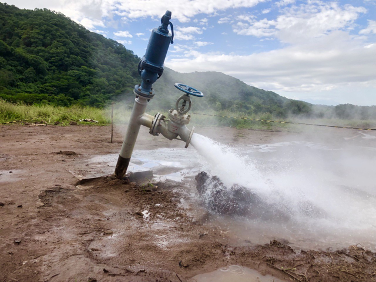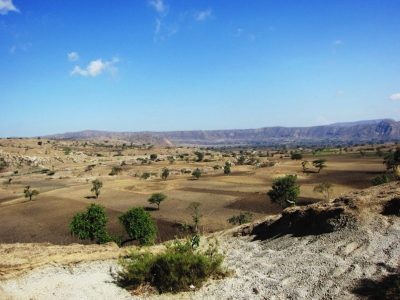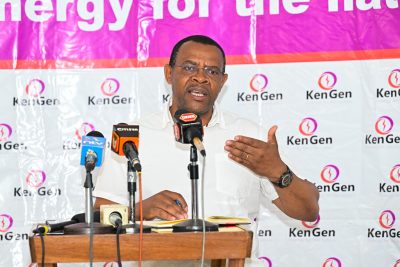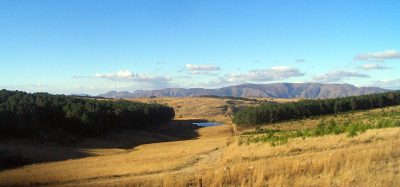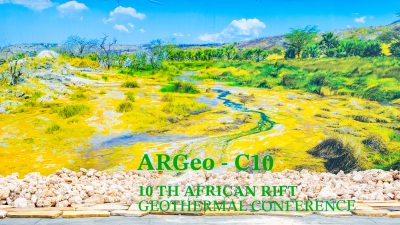Focusing on energy independence and renewables, Djibouti is banking on geothermal energy
The country of Djibouti on the Northern part of the East-African-Rift valley, is looking at becoming independent from energy imports and do so with renewable energy sources, with a focus on geothermal. One project at Fialé caldera has started drilling this summer.
We recently reported on the start of drilling for the Fiale geothermal project in Djibouti. The project has several international funders, including the French Development Agency AFD.
In a recent article on its website, AFD describes how the country depends on up to 80% of its electricity from its neighbour Ethiopia, with which it is also connected by a new rail line (see here).
In its effort to become more independent, provide cheaper and more secure power supply to its citizens, the country wants to focus on renewable energy soruces.
Djibouti has set itself an ambitious 100% renewable energy target by 2020. Looking at wind and solar, Djibouti is focusing on geothermal energy.
“Djibouti is located at the point where three major rifts meet – the Red Sea, Gulf of Aden and East African Rift – at the tip of the tectonic plates and is a volcanic area where there are a large number of vents, fumaroles and hot springs. This energy stored underground, in particular around the Abbe and Assal lakes, holds a renewable potential which is not yet sufficiently exploited.
Following twenty years of attempts which have not really produced results, the Government of Djibouti is more than ever determined to enter fully into the geothermal era. The country is supported by the international community and is investing in and launching new exploration and drilling campaigns.
One of the campaigns is a promising but technically difficult project: the exploration conducted in the Fialé caldera, in the Lake Assal region in the center of the country. The drilling operations were launched on 11 July 2018. These tests will assess the geothermal capacity of the site, by drilling three directional boreholes at a depth of 2,500 m in a reservoir of fractured volcanic rocks where the water temperature is estimated at 300 °C. This will make it possible to determine the commercial viability of these resources, with the aim of installing the first geothermal power plant by 2020.
The project is being led by Electricity of Djibouti (EDD) and is cofinanced by AFD, the World Bank, African Development Bank and a number of other partners (OFID, GEF, ESMAP and the Government of Djibouti). Following the exploration, the feasibility study based on the drilling tests and the bidding documents for the Independent Power Producers (IPPs) should allow the Republic of Djibouti to launch the construction of the power plant. With a capacity of 50 to 100 MW and 100% ecological, it will contribute to reducing the cost of electricity (cost lower than the alternative thermal units and solar and wind energy) and improving the reliability of the service. This project marks AFD’s return to the energy sector in Djibouti. It will result in better access to electricity for the population and provide a unique asset to boost the country’s economic development.
Source: Agence Francaise de Développement (AFD)
